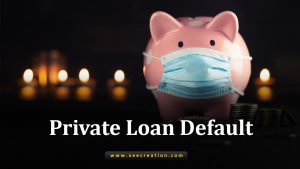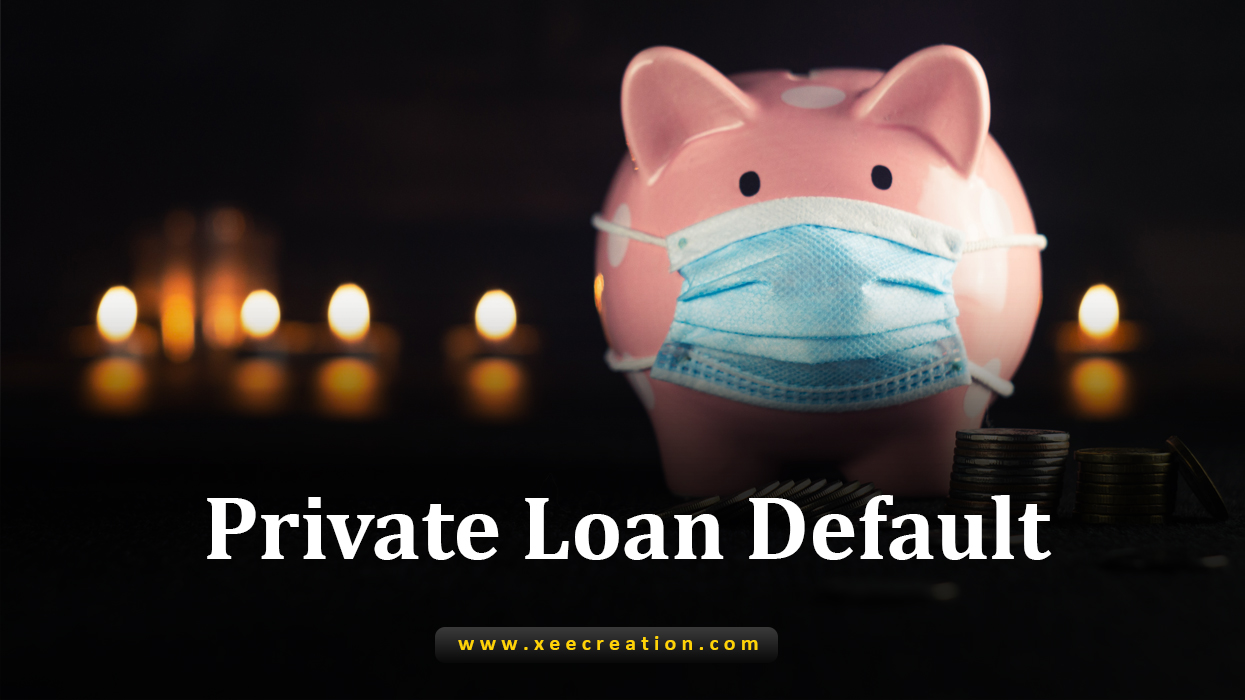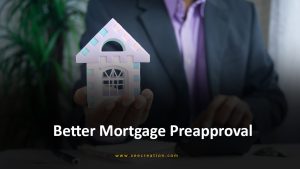4 Strategies for Resolving a Private Loan Default

Private loans can be a useful financial tool to help you cover unexpected expenses or pay for education. However, failing to repay your loan can have serious consequences, including default. Defaulting on a private loan can negatively impact your credit score, make it difficult to borrow in the future, and may even lead to legal action.
In this article, we’ll explore what private loan default is, how it can affect you, and what steps you can take if you find yourself in default.
What is Private Loan Default?
Private loan default occurs when you fail to make your loan payments on time or according to the terms of your loan agreement. Personal loans are not backed by the government, meaning they are subject to the terms and conditions set by the lender.
If you miss a payment or are late, your lender may report the delinquency to credit reporting agencies. If you continue to miss payments, your loan may go into default. Your lender can take legal action to collect the debt, and your credit score may be negatively affected.
How Does Private Loan Default Affect You?
Defaulting on a private loan can have serious consequences, including:
- Damage to Your Credit Score: When you default on a private loan, your credit score will be negatively affected. This can make it difficult for you to borrow money in the future or get approved for credit cards, apartments, or other financial products.
- Legal Action: If you default on a private loan, your lender may take legal action to collect the debt. This can include garnishing your wages, placing liens on your property, or even suing you for the amount owed.
- Collection Calls and Letters: If you fall behind on your private loan payments, your lender may call and send letters to collect the debt. These calls and notes can be stressful and intimidating.
- Increased Interest and Fees: If you default on a private loan, your lender may add additional interest and fees to your account. This can make it even more difficult to repay the loan and can lead to a cycle of debt.
What Should You Do if You Default on a Private Loan?
If you default on a private loan, it’s important to take action to address the situation. Here are some steps you can take:
- Contact Your Lender: If you’re having trouble making your loan payments, contact your lender as soon as possible. They may be willing to work with you to set up a payment plan or modify the terms of your loan.
- Consider Loan Rehabilitation: Some lenders offer loan rehabilitation programs to help you escape default. These programs typically require you to make a certain number of on-time payments in a row to get your loan out of bankruptcy.
- Seek Legal Advice: If your lender is threatening legal action or if you’re unsure about your rights and responsibilities, consider seeking legal advice. An attorney can help you understand your options and protect your rights.
- Prioritize Your Debt: If you have multiple debts, prioritize your private loan payments to avoid default. Consider consolidating your debts or seeking a debt management plan to help you manage your expenses.
Conclusion:
Defaulting on a private loan can have serious consequences, including damage to your credit score and legal action. If you find yourself in default, it’s important to take action to address the situation. Contact your lender, consider loan rehabilitation, seek legal advice, and prioritize your debt to avoid default in the future. Remember, the best way to avoid bankruptcy is to make your payments on time and according to the terms of your loan agreement.
Q: What is a private loan default?
A: A private loan default occurs when a borrower fails to make the agreed-upon payments on a private loan according to the terms and conditions specified in the loan agreement.
Q: What are the consequences of defaulting on a private loan?
A: Defaulting on a private loan can have several consequences, including:
- Collection efforts: The lender may employ collection agencies or take legal action to recover the outstanding loan amount, resulting in added fees, legal costs, and potential wage garnishment.
- Asset seizure: Depending on the loan agreement and applicable laws, the lender may have the right to seize collateral used to secure the loan, such as a house or a car.
- Legal consequences: If the lender takes legal action, you may be required to appear in court, and a judgment could be issued against you. This may lead to further financial penalties or even bankruptcy.
- Difficulty obtaining future credit: Defaulting on a private loan can make it challenging to secure credit in the future, as lenders may view you as a higher-risk borrower.
Q: Can a private loan default be resolved without legal action?
A: In some cases, a private loan default can be resolved without legal action. You can negotiate a repayment plan, seek a loan modification, or explore debt consolidation options. It is advisable to contact your lender as soon as you realize you cannot make the payments to discuss potential alternatives.
Q: What are some strategies for managing a private loan default?
A: If you find yourself in a private loan default situation, consider these strategies:
- Communication: Openly communicate with your lender to discuss your financial difficulties and explore potential solutions. They may be willing to work out a new payment plan or offer temporary relief.
- Budgeting and prioritizing payments: Create a realistic budget to determine how much you can allocate toward loan payments. Prioritize your loan repayment above non-essential expenses to catch up on missed payments gradually.
- Loan modification or refinancing: Explore the possibility of modifying the loan terms or refinancing with the lender. This could involve extending the repayment period, lowering interest rates, or adjusting monthly instalments.
- Debt consolidation: This can make it easier to manage your payments and potentially reduce your overall debt burden.
- Seek professional advice: If you are overwhelmed by the situation, consider consulting a financial advisor or credit counselling agency. They can guide managing your debts and negotiating with your lender.
Q: Can defaulting on a personal loan impact my ability to get future loans or credit?
A: Yes, defaulting on a private loan can harm your ability to obtain future loans or credit. It can significantly lower your credit score, making you appear as a higher-risk borrower to lenders. This may result in higher interest rates, stricter terms, or even denials when applying for credit cards, mortgages, auto loans, or other forms of financing. It’s vital to be proactive in addressing the default and taking steps to rebuild your credit.
More Questions About Private Loan Default:
What happens if I default on a private loan?
What does private default mean?
What is default in personal loan?
How do I get out of private student loan default?
Can private student loans be Cancelled?
Can private student loans be discharged?


3 thoughts on “4 Strategies for Resolving a Private Loan Default”